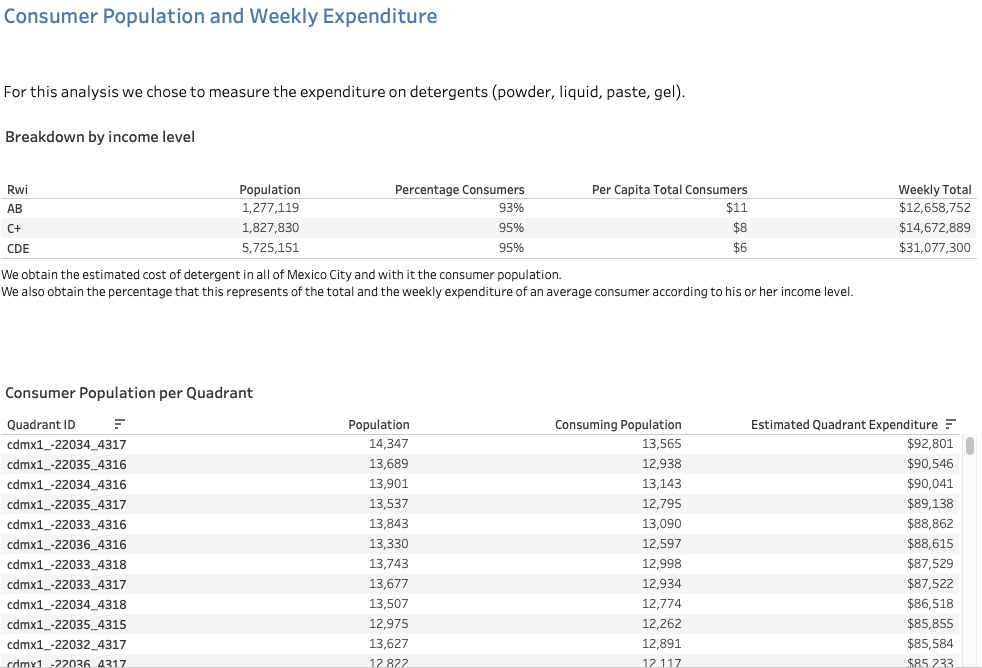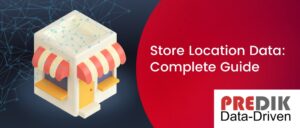Investment management firms leverage alternative data to identify patterns and gain unique insights into investment products.
Hedge funds were among the first to take advantage of data analytics technologies and big data, followed closely by corporate venture capital managers, data from non-traditional sources and services to base decision making on useful data.
These same companies are leading the charge in terms of alternative data: early adopters will benefit the most, before alternative data enjoys widespread adoption.
Thanks to the progress of Big Data, more attention is being paid to the value of alternative data. Once a dataset has sufficient historical data and true representativeness, it becomes attractive to companies, and even governments.

Businesses incorporate this data to help improve their existing investment assumptions, while analysts introduce alternative material into models alongside traditional data to maximize investment returns.
Also read: “What is alternative data and what sectors does it benefit?“
Alternative Data Types
Company to Company Relationships: This dataset provides an in-depth view of the relationships of any company and distribution centers with other facilities within any area of interest.
Credit/debit card: Transaction data generated by credit and debit cards.
Email/consumer receipts: Transaction data generated from email receipts.
Geolocation: Mobile traffic data from WiFi, GPS and mobile device signals, better known as geospatial data.
Public data: Data from public resources. Examples include SEC filings, patent data, government contracts, import/export data, etc.
Satellite data: Data collected from satellites or low-level drones.
Sell-side: Alternative data sets within large sell-side institutions.
Social/Sentiment: Data collected from social media word processing, news, management communications and other sources.
Survey: Data collected from diverse surveys.
Weather: Data related to weather patterns collected from sensors.
Web data: Data extracted from public websites.
Web traffic: Data on the number, demographics, and history of users visiting a given website.
Marketing: Data collected from point-of-sale, advertising expenditures, etc.
At PREDIK Data-Driven we provide industries with different types of alternative data to be integrated into their decision making processes and thus maximize their revenues.

